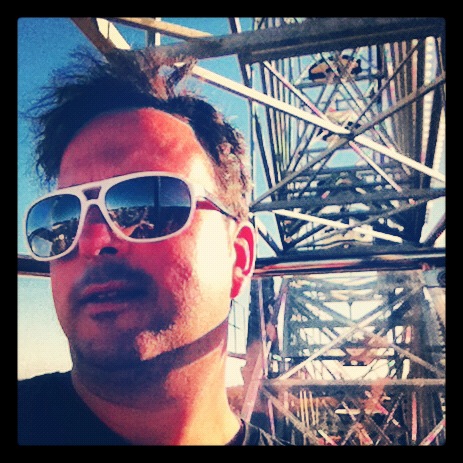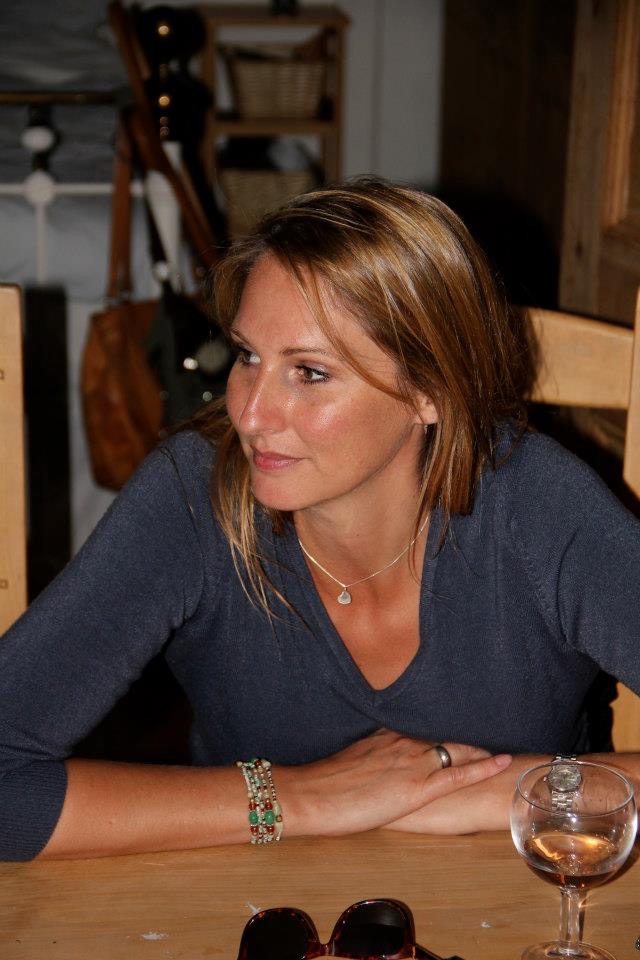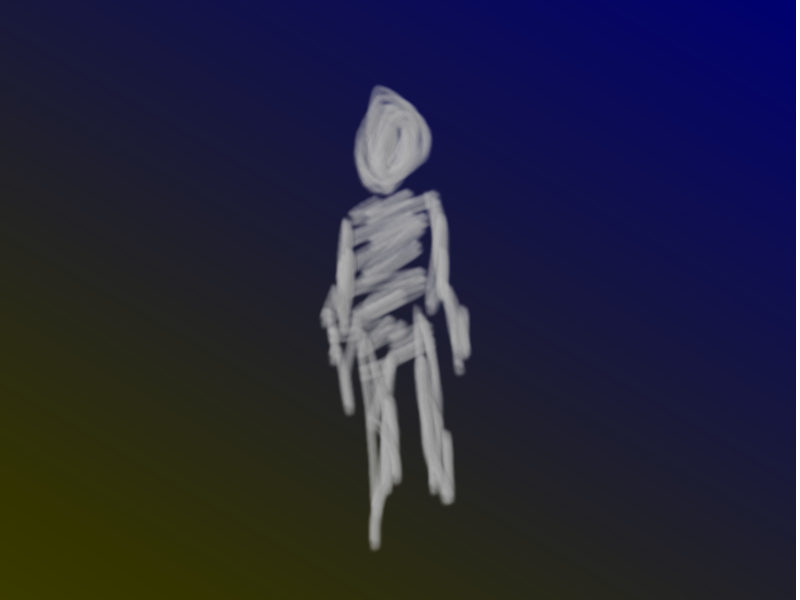ASK & DISCUSS
INDEXHas anyone filmed a theatre show at the Royal Court or any other notable London theatre venue?
13 years, 3 months ago - INDIVISION FILMS
I could use some advice about filming a professional theatre show and would love to hear from anyone - sound and camera especially - who has experience doing this.
If you have experience filming int he Royal Court Jerwood Upstairs then even better but all advice welcome.
Thank you!
Only members can post or respond to topics. LOGIN
Not a member of SP? JOIN or FIND OUT MORE
13 years, 3 months ago - Richard Elson
It's tricky to film to a high standard. I've filmed several fringe productions, but each time I managed expectations so people weren't expecting the standard they might see on a televised RSC production on TV for instance. The biggest problem is sound - unless you can mic up all the actors or it's a small stage you will always get people sounding off mic (which sounds a bit amateur)
Also, I wouldn't advise using one of the Canon cameras due to the short filming periods (can only do about 10 minutes at a time) Having said that I filmed a revue show with a 7D and small microphone set right near the front of the stage that worked out well (as it was a revue I could stop and start after every sketch)
Not sure if that's the kind of stuff you're looking for, but hope that helps.
13 years, 3 months ago - THE GRAY CIRCLE
And watch out for Follow Spots, they'll make it nearly impossible to get proper exposures because they are so much brighter then anything else on stage. If they are being used speak to the theatre in advance, you may get them to agree to reduce the intensity while you're filming.
13 years, 3 months ago - Antonio Ribeiro
My advice here will be, use at least two camera angles, a general as a back up shot and another camera for mid and close-ups. That being said another camera is also useful so you can cover the closer shots in both stage left and right.
You need to plan which scenes to film using what exposure. Attending a dress rehearsal or performance if possible is very useful so you can make notes on this and ideally film two performances so you can pick the best out of the two.
13 years, 3 months ago - Kate Miller
I produced a multi-camera shoot in The Grand Opera House in York. Trying to achieve this on a tight budget in HD presented a few issues, and they were not willing to pay for extra lighting, other than what they were already using. However, working with their lighting guy, meant we could control some of it and actually see the artist on stage. Not sure you will need so many angles but we used 3 Sony HDW-750's and 3 5D's with rigs, a track and dolly and a jib, we got a great result. Looking back i would have avoided the 5D route as the 12 minute limit meant for a lot of downloading during the gig... Audio wise we used an audio mobile which had separate splits to the stage which meant excellent sound, however, depends on what the production already has and what you have to work with, could take it from the in-house desk, but good to include some audience mics. Rehearsal would be ideal if you can get it.
13 years, 3 months ago - Mary Lee-Woolf
My I agree with Antonio Riberio on all fronts. I filmed a site specific performance for the Mercury Theatre and it is very hard to film when the lighting is continually changing I think it is good if you can film the dress rehearsal or press night and speak to the lighting people so that you can set and adjust your levels accordingly.
13 years, 3 months ago - Andrew Rowe
I have been involved in quite a few shoots in theatres (Royal Festival Hall, Royal Albert Hall etc), both as a camera op and sound mixer. It is very important to strike up good communication with the technicians working at the theatre who know the show inside out. There is no point planning camera positions until you know where you are actually allowed to put cameras, as there WILL be restrictions. The same goes for any cabling you might require - don't underestimate how much you will need and how strict the theatre will be about making sure this cabling is secured and doesn't represent a risk to the public. Similarly, don't assume that they will be able to give you a 'sound feed' or that this feed will include the actors' voices. None of these conversations should be left until 'on the night'.
In my opinion, you really need to shoot using video cameras with proper zoom controls and physical, manual control (e.g. switches, dials, knobs). An XF305 or EX3 would be far preferable to any DSLR or for that matter most large sensor cameras (short depth of field isn't an advantage - you'll be on a long lens for tighter shots already). On a budget, an older HDV camcorder (e.g. XHA1 or Z1) would still be preferable. Exposure generally isn't a big issue, since theatre is ready-lit, though exposure tweaks will be ugly on a camera without a smooth iris.
If the production's using radio mics then you're in luck. If not, you need to decide whether to do it 'properly' (with a radio mic on each actor, and an experienced backstage crew of 2 or 3 changing the mics with each costume change), or to bodge it by either hanging a few mics above the stage or putting a few mics in front of the stage on stands - again after negotiating with the theatre technicians. If you plan to use radio mics, you will obviously require a licence and will need to plan the frequencies with the theatre.





